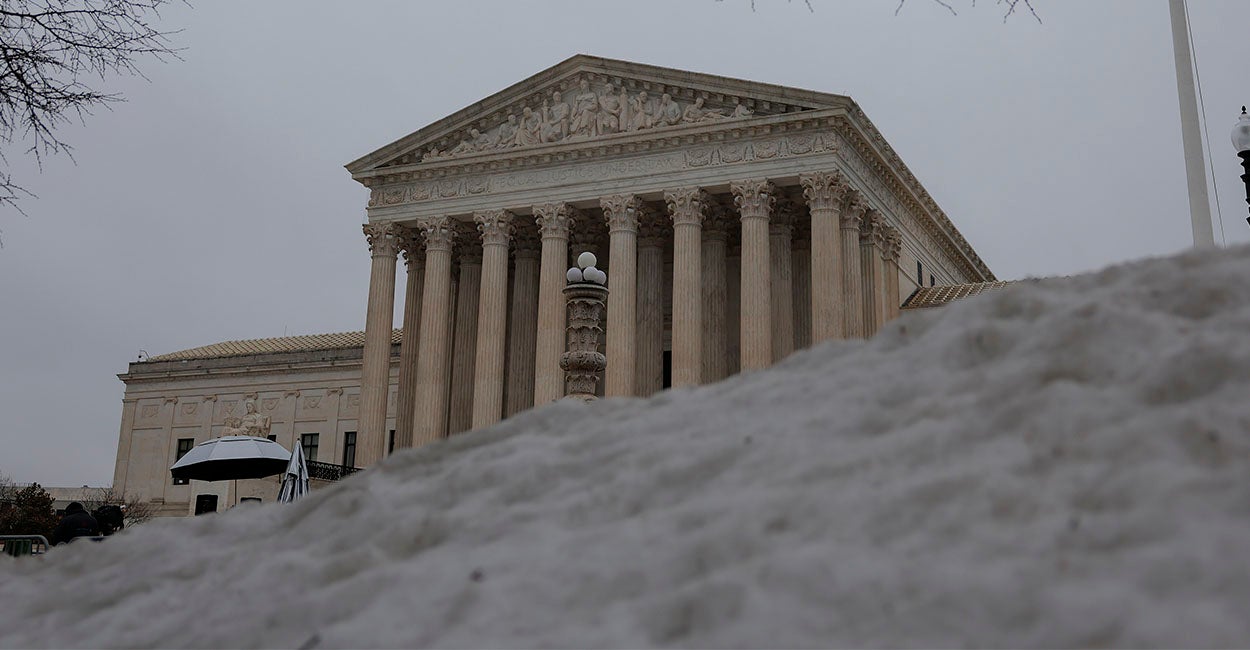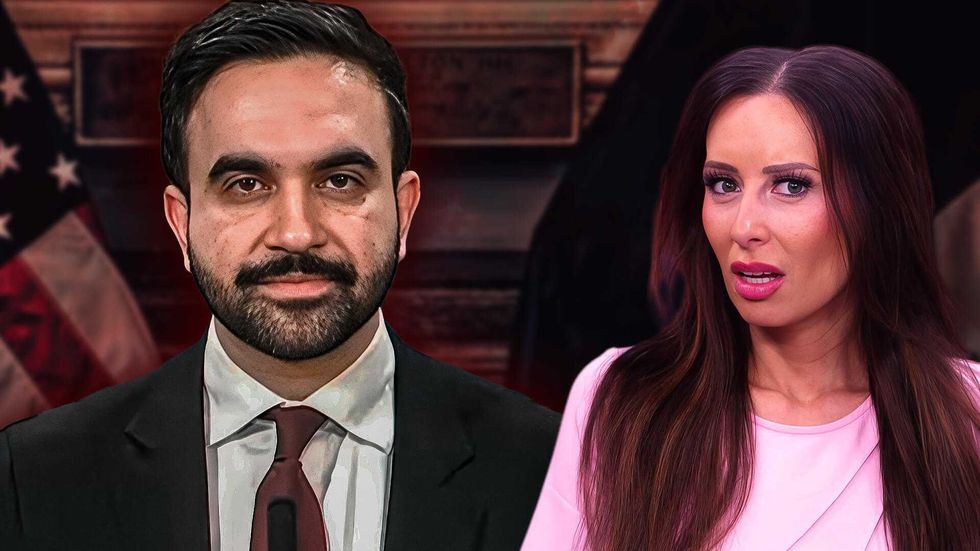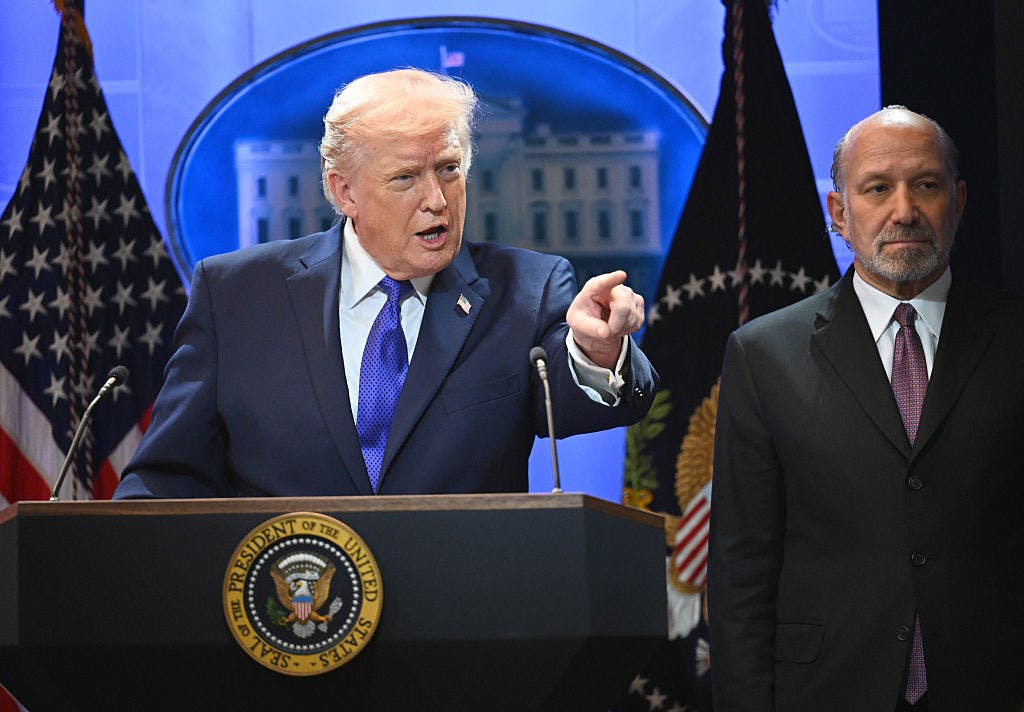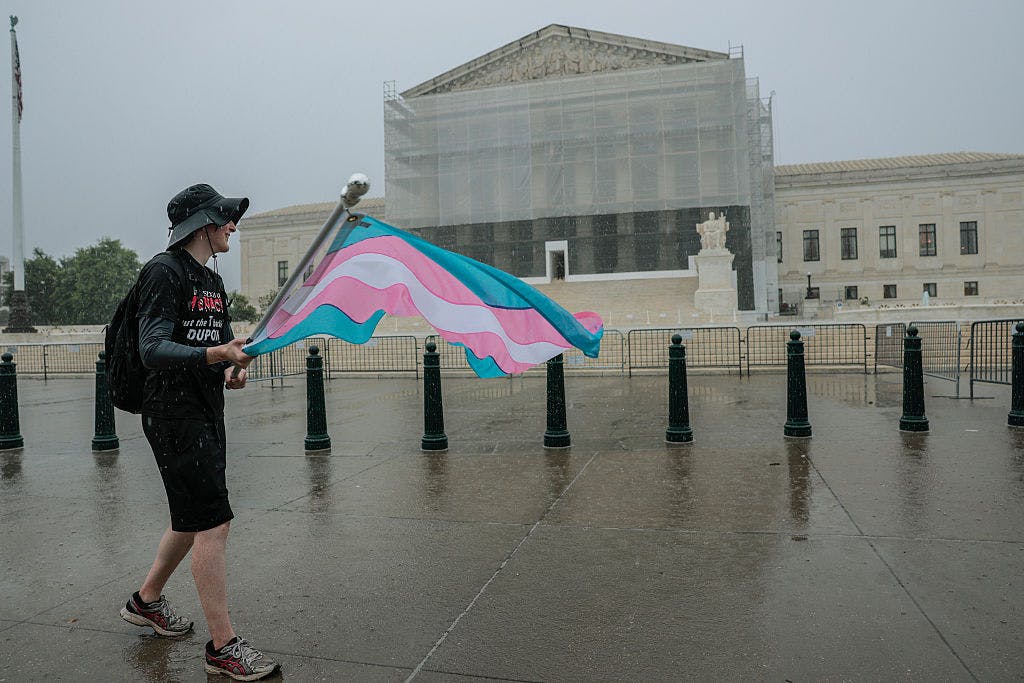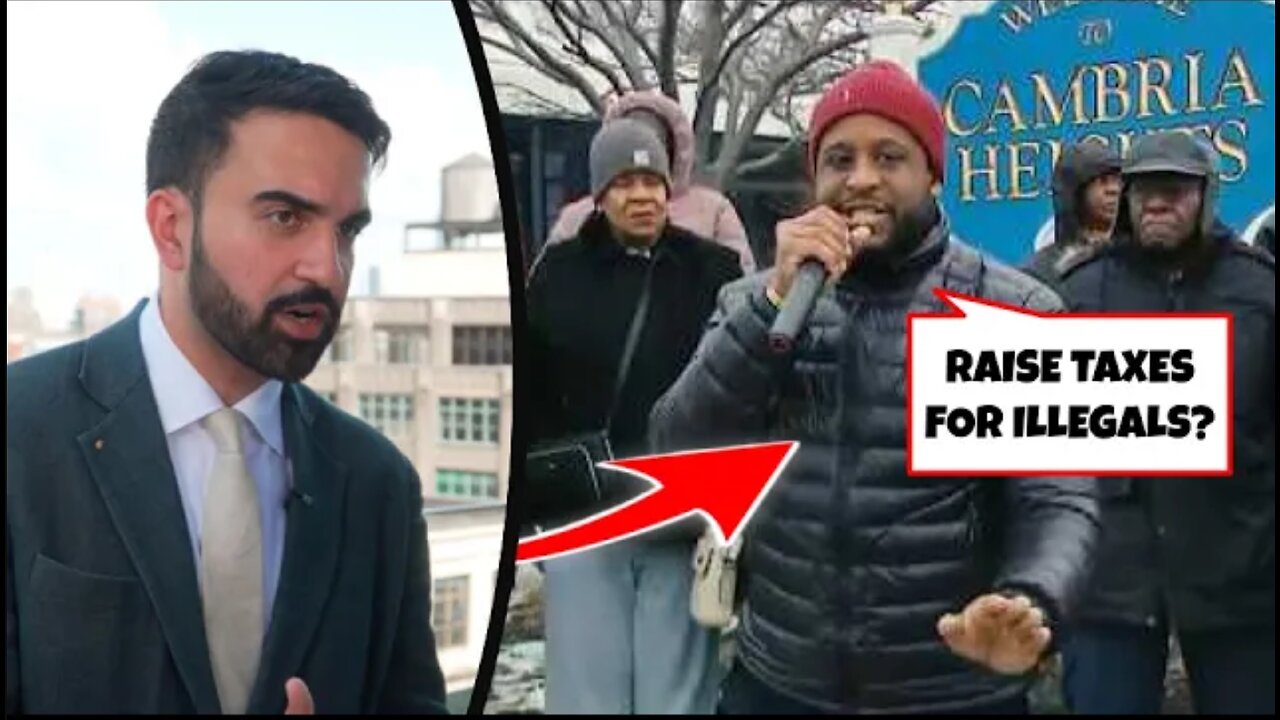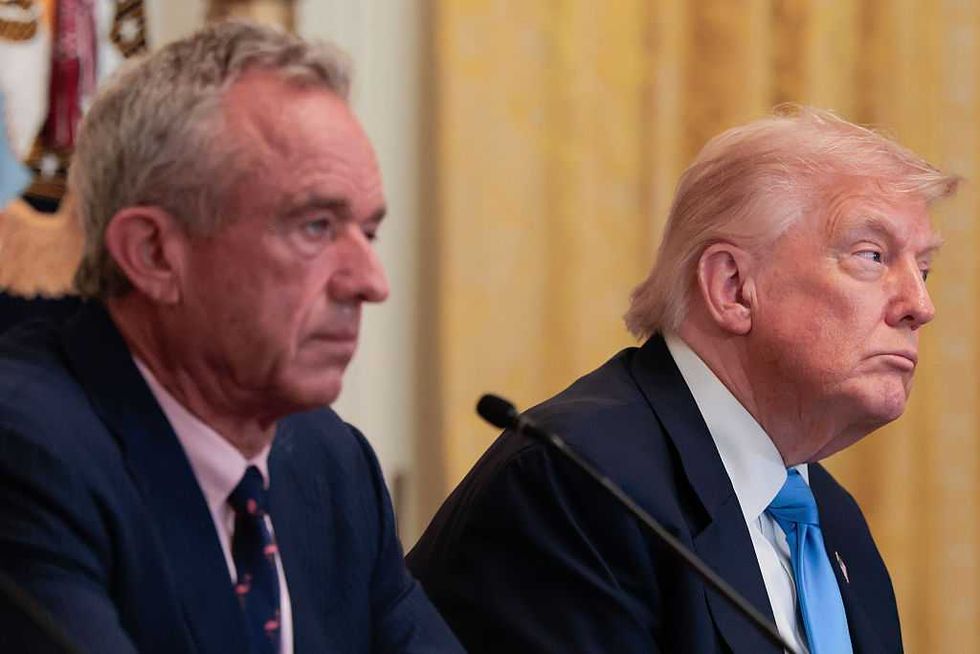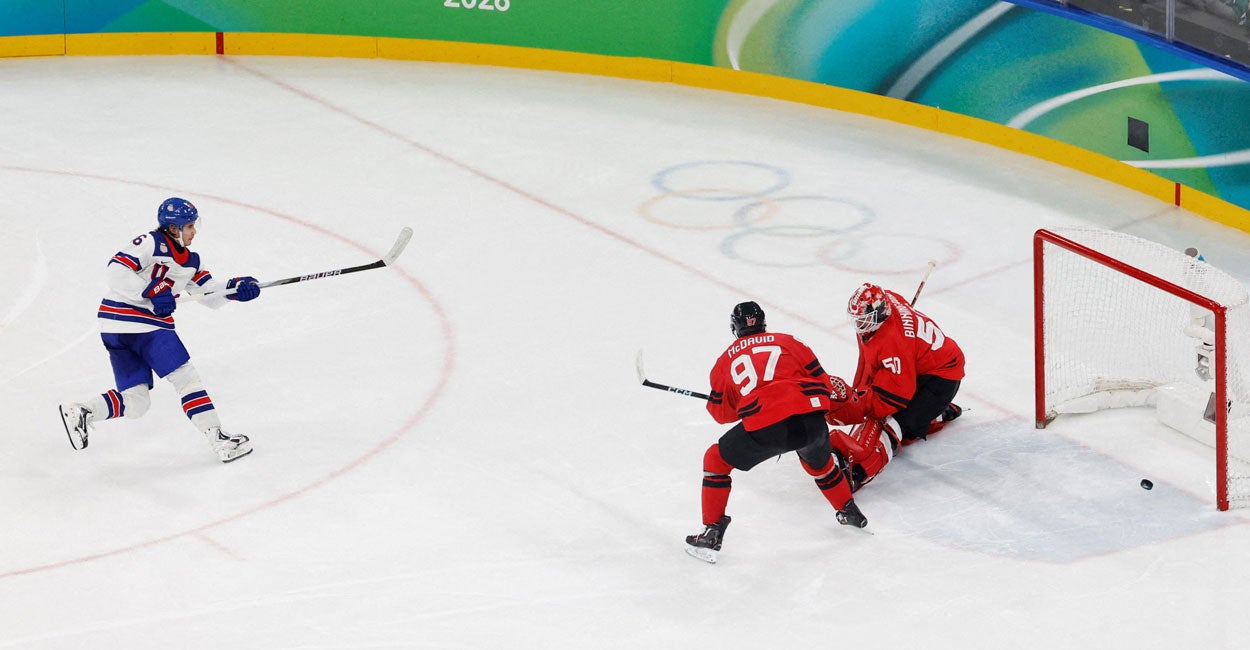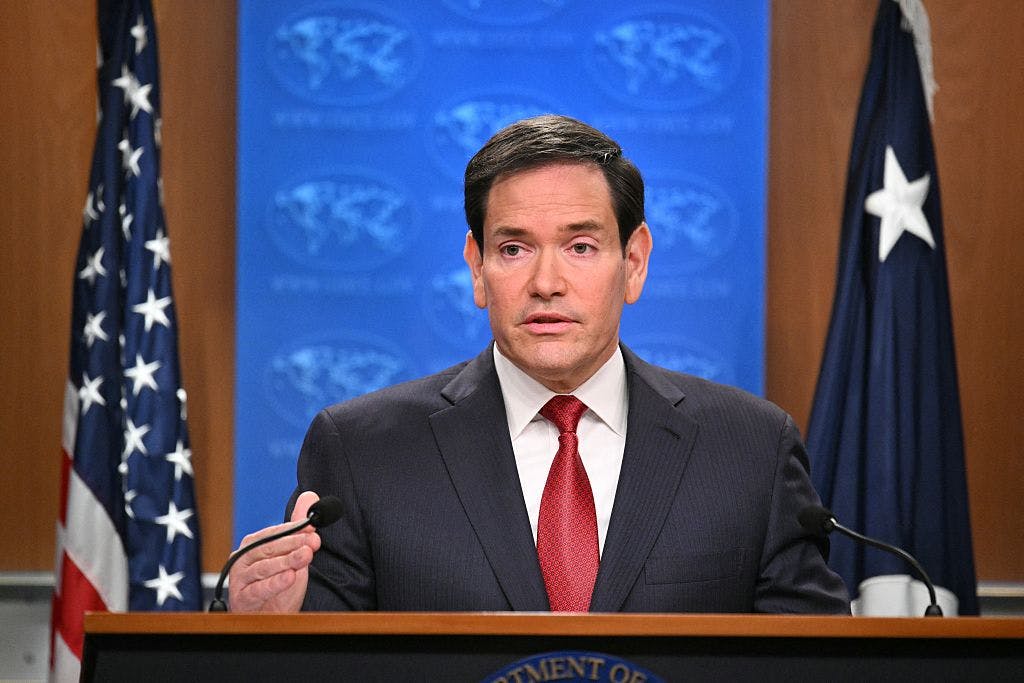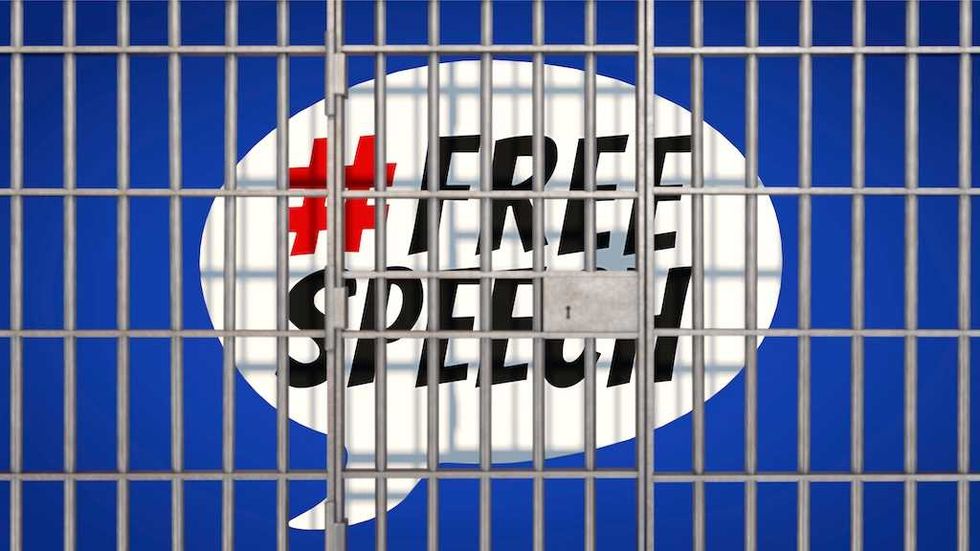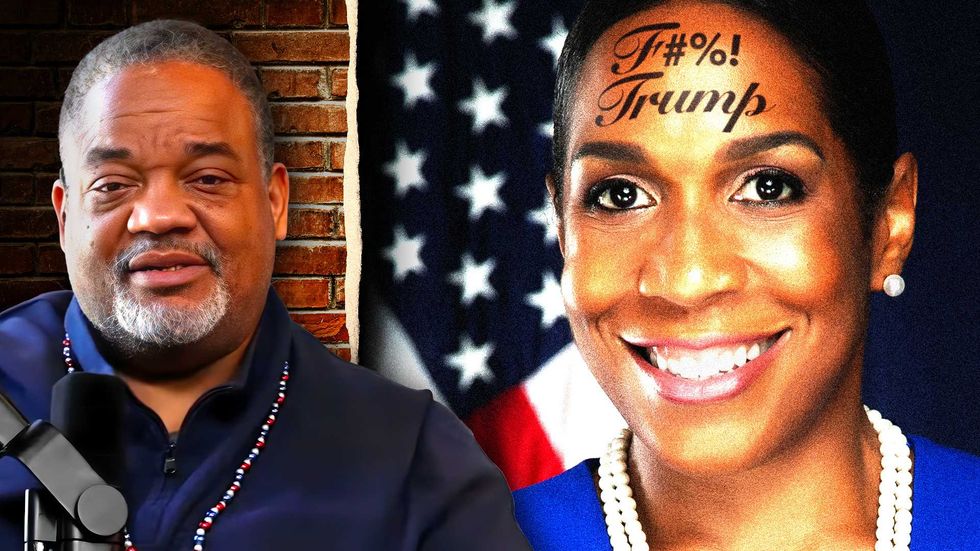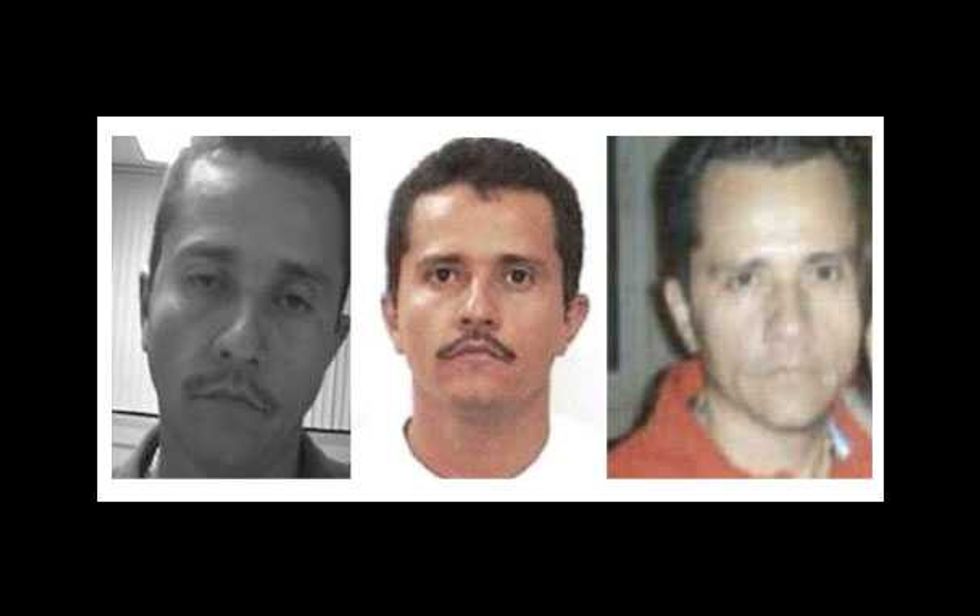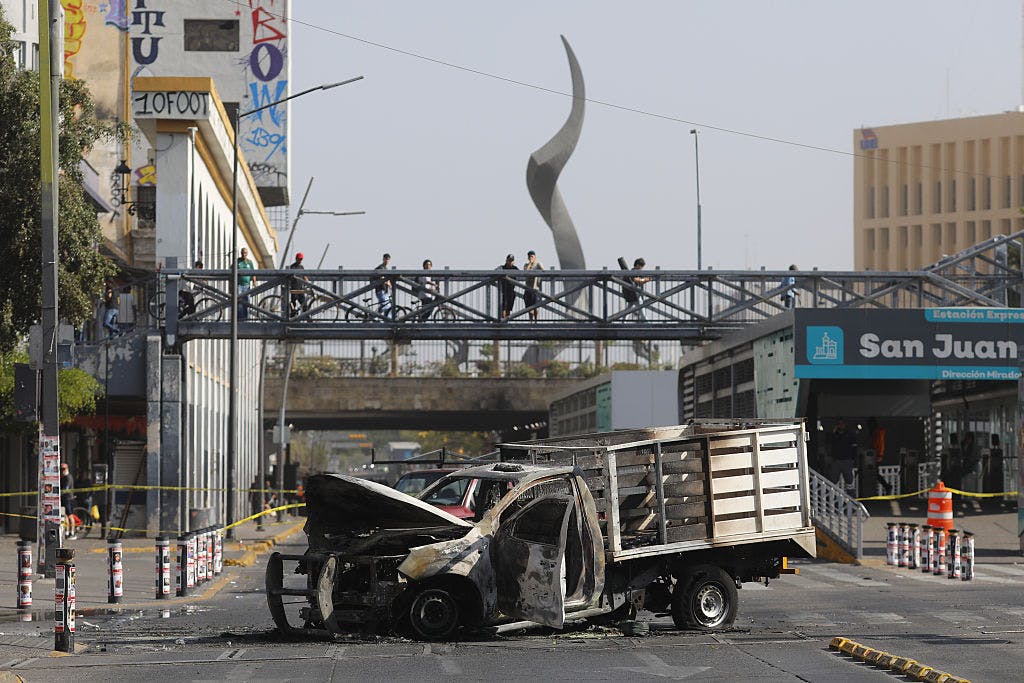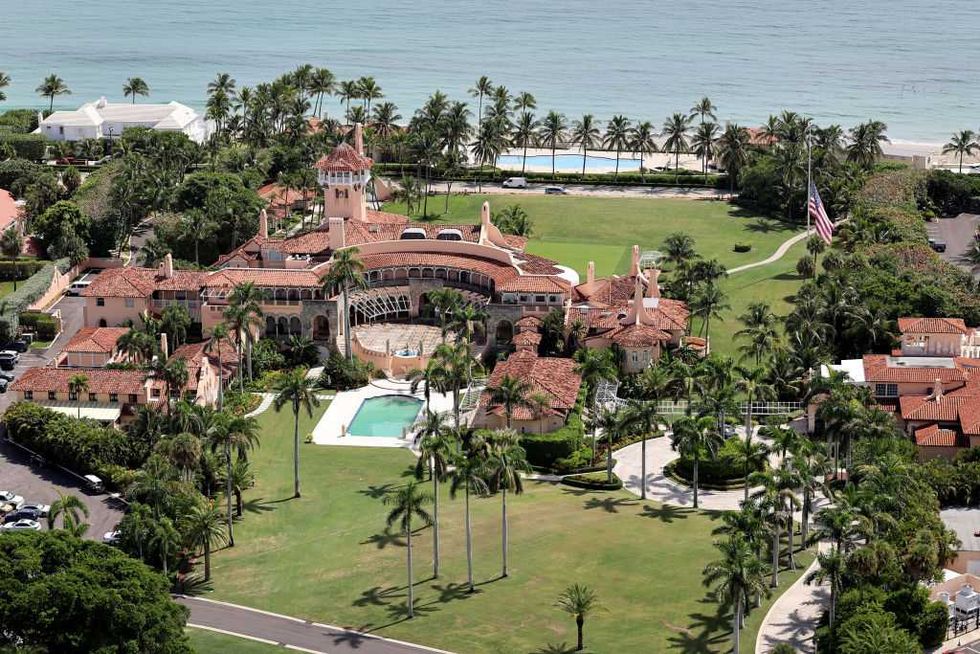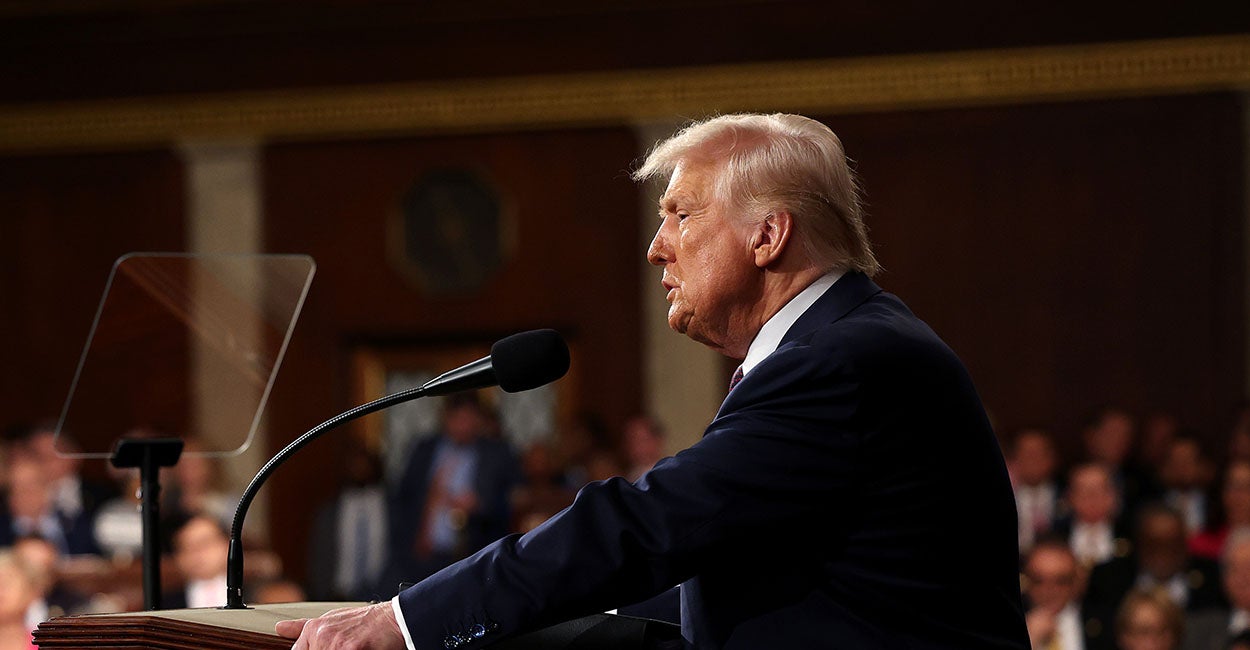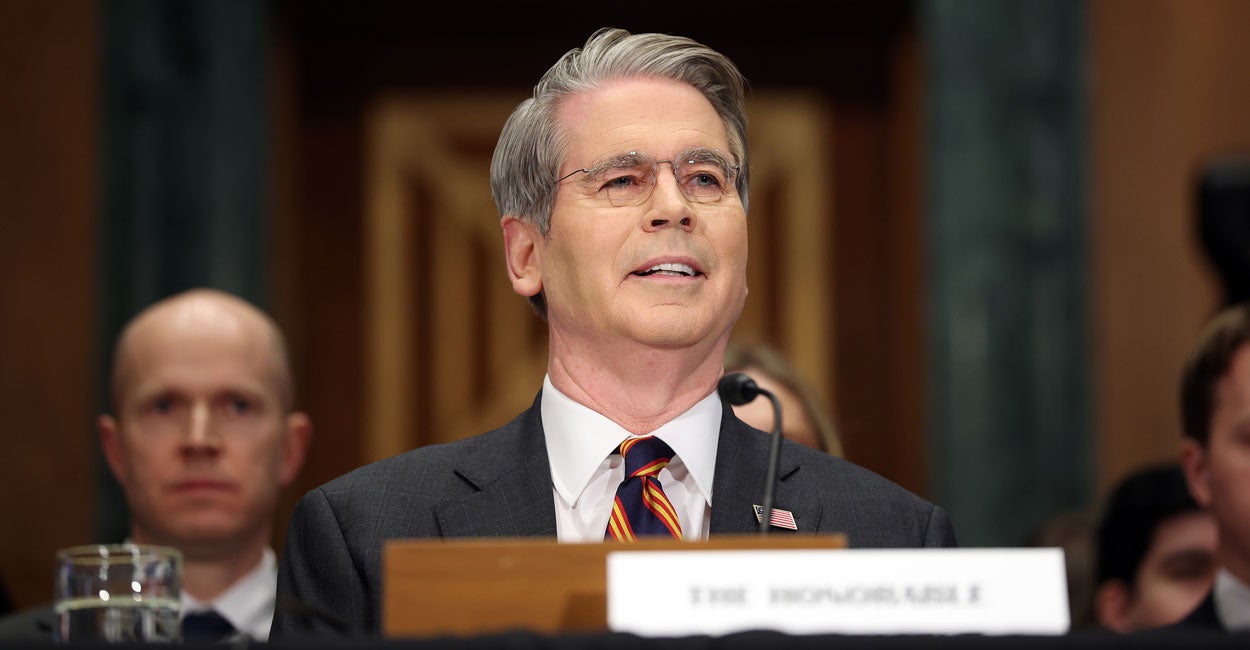What the West Might Not Understand About Putin’s Psyche
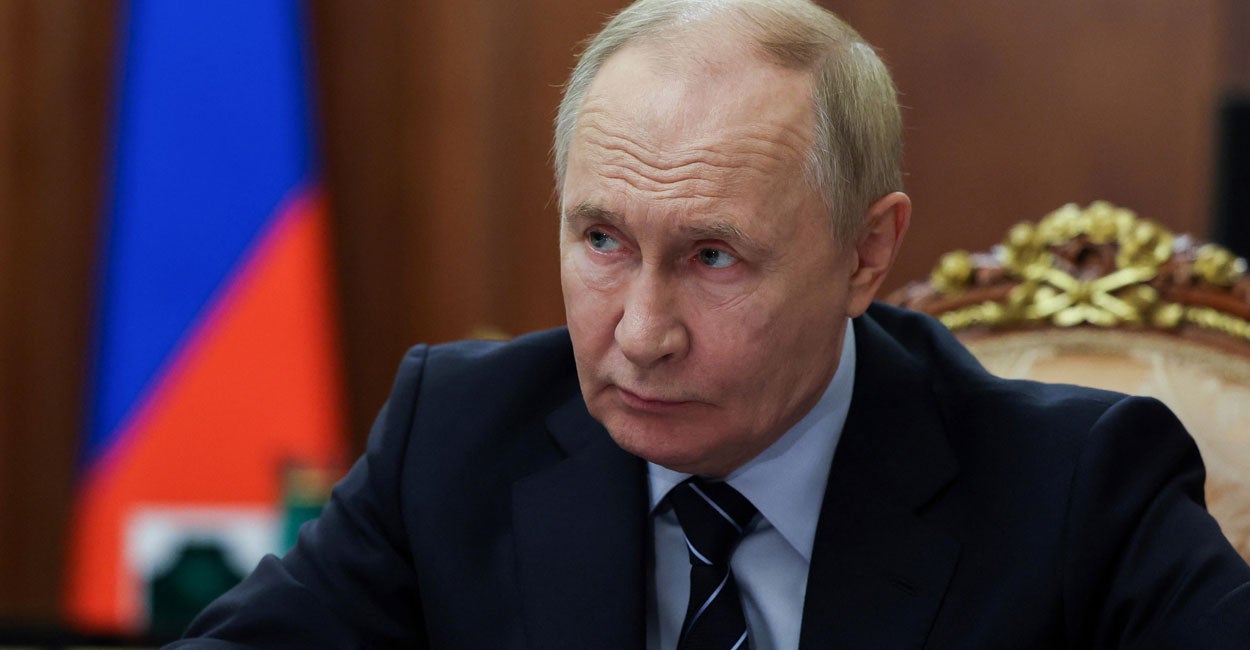
WARSAW, Poland—Maintaining power in Russia was and is a key motivator for Russian President Vladimir Putin in the war against Ukraine, according to the defense minister of Estonia.
Live Your Best Retirement
Fun • Funds • Fitness • Freedom
Russia’s war against Ukraine is part of Putin’s plan to address Russia’s “domestic issues,” Minister of Defense Hanno Pevkur told The Daily Signal at the Warsaw Security Forum.
Russia’s economy is struggling, and the Russian people are “not doing well,” Pevkur said. “So, when they are not doing well, then the leadership has to keep the confidence for themselves and to [remain in] power.”
Russia needed an enemy for Putin to maintain power, and Pevkur contends the “enemy” had to come from outside Russia.
“When you start to [claim] that all the problems you have domestically are caused by the Western countries, then people will be united and not against their own governor or leader, but against the collective West,” Pevkur said. The mission of Russia’s leadership, he added, is to convince its people that the “enemy of the Russian people is not in the Kremlin, but is outside of the Russian borders.”
Estonia borders Russia and was a part of the former Soviet Union until the Baltic nation regained its independence in August 1991.
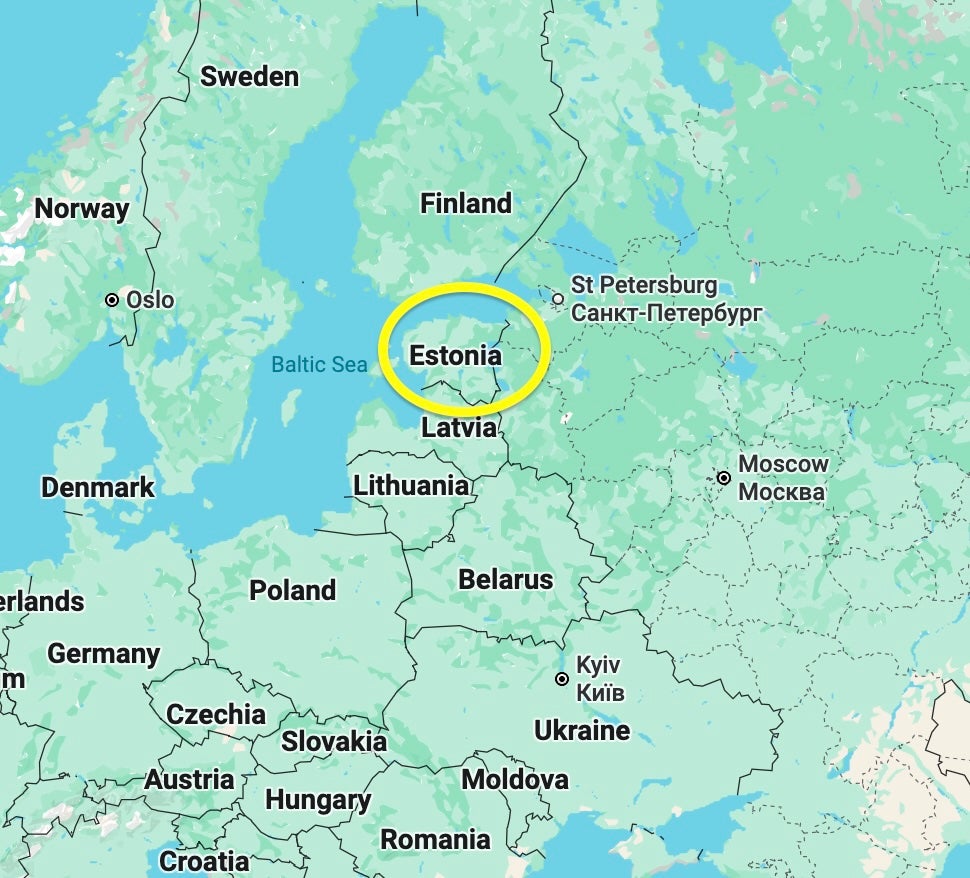
President Donald Trump returned to the White House in January eager to broker a deal to end the war between Ukraine and Russia, and while Putin has claimed he wants an end to the war, his actions have proven otherwise.
Trump met separately with Ukrainian President Volodymyr Zelenskyy and Putin in August, and both men agreed to meet one-on-one ahead of a trilateral meeting with Trump. More than a month later, Zelenskyy and Putin have yet to make plans to meet.
The reality, according to Pevkur, is that “the person who can end this war in a day, in a second, is sitting in the Kremlin.”
In 2022, Putin signed treaties that the Russian parliament ratified declaring that the Ukrainian regions of Donetsk, Luhansk, Kherson, and Zaporizhzhia were in fact regions of Russia. The move followed Russia’s 2014 annexation of the Crimean Peninsula. Now, the Russian Constitution claims those regions and so to fully surrender them back to Ukraine would require Putin asking the Duma, the lower house of the Federal Assembly of Russia, to again change the constitution. In other words, Putin would have to tell the Russian Duma, “Sorry, I made a mistake,” which Pevkur points out, would only happen if Putin is forced to “come to the table” and agree to a peace deal.
A path to peace between Russia and Ukraine consists of many “components,” Pevkur said, including ending the Russian advantage on the battlefield and significant economic pressure.
If the war does end between Ukraine and Russia, NATO counties—of which Estonia is one—cannot assume Russia would never attack them, the defense minister said. Foremost, he said, NATO counties must increase defense capabilities, a process already underway with NATO members agreeing to spend 5% of their gross domestic product on defense spending by 2035.
Increased military production and the creation of regional plans that can be executed quickly to protect NATO members are critical. In short, the Estonian defense minister said, NATO needs to ensure it has “credible deterrence” against Russia.
The post What the West Might Not Understand About Putin’s Psyche appeared first on The Daily Signal.
Originally Published at Daily Wire, Daily Signal, or The Blaze
What's Your Reaction?
 Like
0
Like
0
 Dislike
0
Dislike
0
 Love
0
Love
0
 Funny
0
Funny
0
 Angry
0
Angry
0
 Sad
0
Sad
0
 Wow
0
Wow
0
